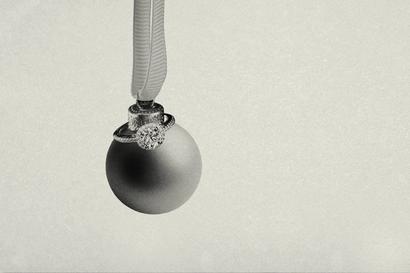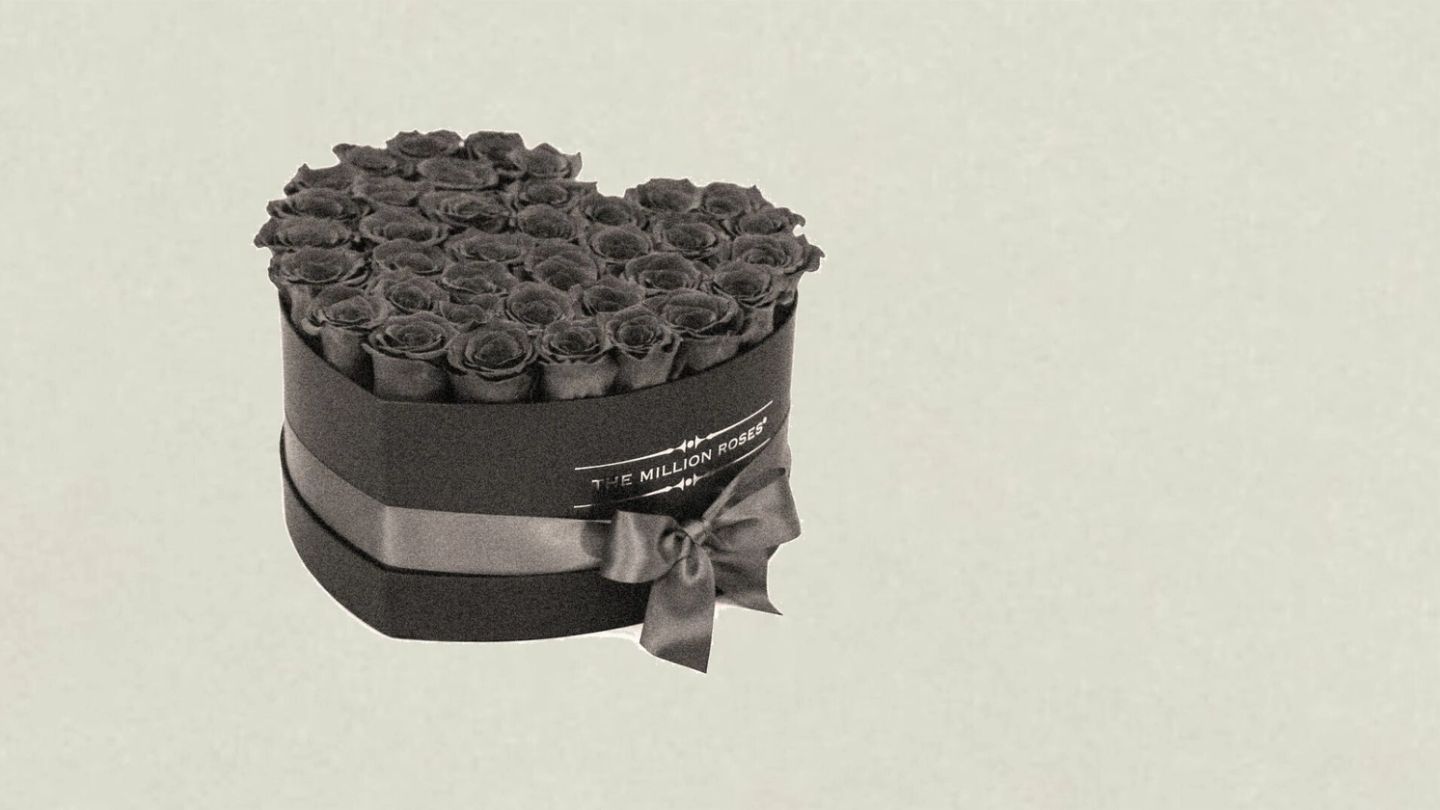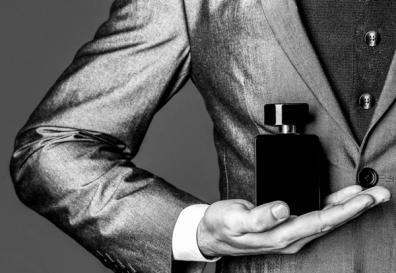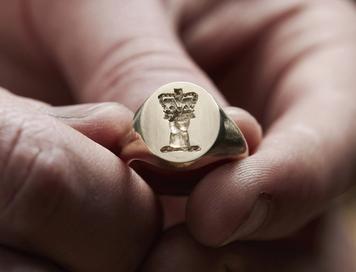

The New Nice Guy: How to date and be decent in 2020
Because it's so much more fun than trying to be a bad boy...
- Words: Gentleman's Journal
What is the definition of a ‘nice guy?’ I asked a handful of friends on Whatsapp. The answers were split down the middle. Half of the recipients used words like considerate, friendly, kind, amiable, generous. The other half opted for dull, unconfident, needy, weak, self-centred, and clingy. And this, in a nutshell (and aren’t all WhatsApp groups simply nutshells with added memojis?) is the problem.
When teenage boys (it’s almost always teenage boys) complain to the internet that the girl they like thinks they’re too nice, and wonder howlingly why this should be an issue, they are missing the tension at the heart of the term. The chap always believes he falls into group one. To him, the nineteen bunches of flowers he sent, the fawning and constant messages, and the tearful declarations of love only prove that he’s considerate, kind, generous. But to the girl, these very same acts make him appear unconfident, weak, and clingy. They do not connect. There is no romance.
And so the spiral of anger and self-reproach begins, until the young man has convinced himself of the old myth, inspired by visions of leather jackets and dark glasses and flicked cigarettes; of bogeymen he has made out of the sportier boys at school with their first cars and beginner beards. “Girls only like a bad boy”, he thinks. “And nice guys finish last.”
Soon, he has duly set out to be as actively unpleasant as possible in order to find a mate, destroying his chances and self esteem in the process. This downward spiral is the making of the ‘incel’ (involuntary celibate) network in the backwaters of the internet, and all those angry, lonely, pale boys being as vile as possible behind flickering screens (and then quite possibly voting for Donald Trump). But this is all just one big misunderstanding. ‘Nice guy’ is a category error. The teenage boy didn’t need to be nasty. He just needed a translator.
The issue is especially poignant today. The ‘nice guy’ debate on the internet peaked around 2012 — an era that now looks more confident, robust and stable than today’s. There were no global pandemics; no climate strikes; no v-shaped recessions; no cancellations and trials by Twitter; no burning Australias; no populist leaders; no Brexit; no Russian interference; no Love Island suicides; no Trump. A simpler time. Being edgy, spiky, self-centred and cocky in 2012 was no bad thing. It might even help you get ahead. But the years since have changed the complexion of things dramatically. Perhaps the new mood peaked in February of this year, through the unlikely tragic hero of Caroline Flack. After the TV presenter committed suicide (in part due to the decidedly un-nice treatment by the British press), an Instagram caption of hers went viral: “In a world where you can be anything, be kind,” she said. And then the coronavirus pandemic descended, and thoughts of profit and selfishness and constant progress and ruthlessness were cast aside in favour of a gentler, slower, more considerate outlook. Kindness, pleasantness, and niceness was all. No bad boys here.
"Nice guy’ is a category error. The teenage boy didn’t need to be nasty. He just needed a translator."
It’s in this mood, then, that we should update the confused definitions of “nice”, and attempt to align it better with the 2020 spirit of “kindness.” So here is the Gentleman’s Journal’s (first draft) definition of the New Nice Guy — a functional, practical set of parameters that borrow heavily from common sense, common decency and shared experience — our bid to dispel, once and for all, the silly myth that you have to be vile and uncaring to ‘get’ the girl. It’s a grand mission, but it is our own.
Do pay the bill on the first date (or at least offer as sincerely and earnestly as you can, though she may genuinely want to split it/pay it). Don’t pay for a handbag on the first date (or other gaudy baubles).
Do compliment her naturally — which usually means the moment it occurs to you, and in plain language.
Don’t put yourself down constantly as unworthy and undeserving of her beauty/charm/wit. And don’t fish for compliments yourself.
Do be confident and secure in your good qualities. You should respect yourself. Don’t be arrogant and aloof.
Do be attentive and responsive. There’s no need to play mind games (i.e waiting a week before texting back) — you’re not 12. Don’t be at her beck and call and constantly drop your own engagements/friends/plans for the chance of seeing her.
Do have a moral compass. But don’t feel morally superior.
Do be in touch with your emotions, and try to articulate how you feel — even if sometimes only to yourself. Don’t be overly sensitive and pin your emotional well-being to her estimation of you. And don’t download your entire psycho-emotional cache onto her on date one.
Do be generous. Don’t use your generosity as a bargaining chip (or quid pro quo) for other things.
Do be kind. But don’t do it just because you think you ought to.
Do try to follow the rules above. But don’t expect her to like you, even so. That’s just not how the world works. And that’s absolutely fine.
The essential guide to digital dating…
Become a Gentleman’s Journal member. Find out more here.


